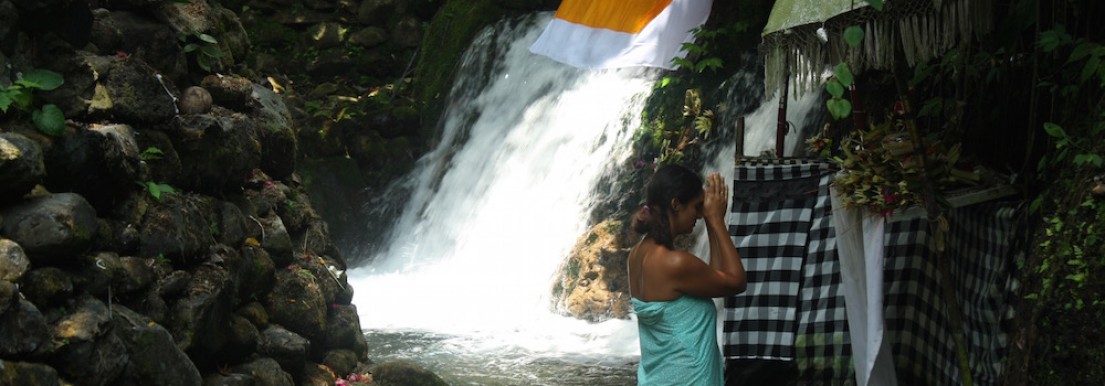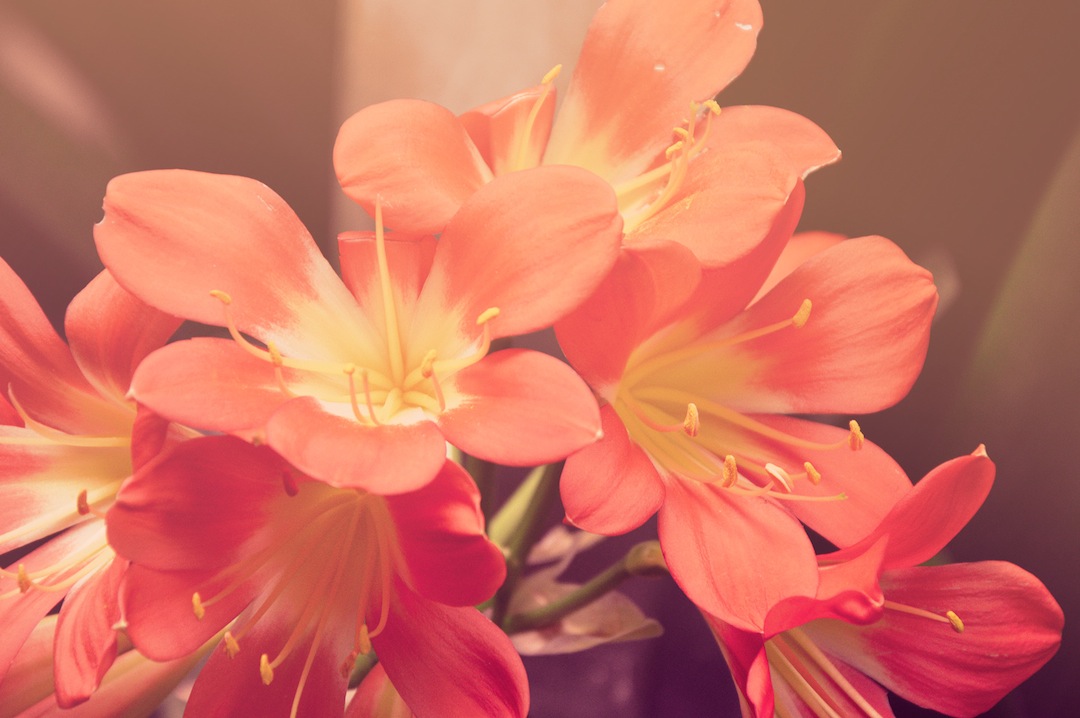A R I A D N E / / K A P S A L I

God, Love and Life’s Big Questions
One night this summer, my friends and I were gathered around the table in my mum’s house under the stars, playing Therapy. Therapy, first released in 1986 and I believe that is probably the edition we have at home, is (apparently) a “lifetime of human nature in one intriguing game”. Players go through infancy to adulthood and the Cosmos, answering questions about life in general, mostly of psychological nature. The game pieces are tiny psychiatric couches and each one of us run the risk of being diagnosed with psychosis (the equivalent of jail in Monopoly, I am told, and oh so wrong on so-many-levels). I remember playing this game with my family when I was very little. In fact, I remember not really getting it; the elaborate questions, the inkblot test, the looooong discussions; they just didn’t make sense to a pre-adolescent child. But now, now I get it. It was psychological porn and when played with a group of close friends, it can be quite revealing of interpersonal dynamics. And if you’re totally honest in your answers, you may risk some relationships.
Anyway, back to this summer: it was my turn and my tiny psychiatric couch landed on Group Therapy. Essentially you are given a question and you write your answer on a piece of paper (for security purposes). Then the rest of the group proceeds to openly discuss what they think your answer will be. If they reach consensus and your answer matches theirs, you’re cured (of what I am not entirely certain) and your couch is free to move on. If it doesn’t match, of course it’s because you’re fucked up and need to stay in group therapy until the next round. The challenge is the questions tend to be quite personal, or at the very least thought provoking. My sister had to rate herself on a sensuality scale; someone else had to choose which two people in the group would like to know each other better (you can imagine the impact of this question in a group of teenagers).
My question was much less dramatic, thankfully. It went something along the following lines:
Do you believe that overall people are:
- Mostly good
- Mostly bad
- Equally good and bad
I remember when life’s big questions seemed much, much easier to answer.
Do you believe in God? No.
Do you want to get married? No. (ooops)
What is your favourite colour? Turquoise
Do you believe in love at first sight? Yes.
Do you think there is life out there, in the Universe? Yes.
Would you choose food or sex? Sex.
Now?
Do I believe in God? Well, yes, but also not really. I don’t follow a religion, nor do I think of God as a bearded man whose favourite hobby is to judge me and you. But I do believe in something that is greater than us. A force, a light, a connecting power that ultimately is within us all. I guess this is God in some ways, but in many other ways it’s not.
Do I want to get married? Well, I am married. In many ways the decision was simple. I love him, he loves me, where do we sign? I used to believe that marriage wasn’t necessary, that if you want to be together, you can commit to each other and that should suffice. Yet, I eventually realised I actually wanted to get married. I blame love; yes, love made me do it. Would I recommend it to everyone? Definitely not. I’ve talked more on this here and here.
What is my favourite colour? At the moment, teal. You might say still in the blue category, but so so different from turquoise. Also, going through a rose gold phase (along with the rest of the design world). I would also choose a beautiful purple or burgundy. See? Not straight-forward at all.
Do you believe in love at first sight? Oh I really, really want to believe in love at first sight. But what does it mean for the rest of us, who did not fall in love at the first sight? Is that worse? Or is it better, because it is not mad love?
Do I think life is out there, in the Universe? Yes I still do. But now, this belief is much less of a dreamland. I used to imagine a world out there, where there was life and happiness and trees. I never visualised people though. I don’t know why – somehow I thought we were alien enough.
Would I choose food or sex? In this game, I chose sex. But my man chose food. What can I say, maybe marriage sucks after all.
Do I believe that overall people are:
- Mostly good
Most bad- Equally good and bad
OK. I could comfortably cross out option B. I definitely believe there is good out there and I could not live in a world where humans are mostly bad.
But choosing between mostly good and equally good and bad proved to be really tough. My intuition was saying people are mostly good. You believe in the good in people and that’s what overrules most of the time – Love over Fear, remember?
Yet my brain was saying, Yeah but, look at Syria. Look at Europe’s response to the refugee crisis. Look at the fear and hatred towards the unknown, the different. Look at our choice to remain ignorant towards the struggles of others. If that is not bad, then at least it’s equally good and bad.
Balance right? After all, I am a libra. I must maintain equilibrium at all times and at all costs.
Still, this doesn’t seem right, I heard my inner critic say. You’re a coach, a yogi and your blog. What about your blog? It’s positive, isn’t it? You speak about belief and trust and the Universe and Love. What about all that? Is that all bullshit you put to attract people? Are you being fake?
Hmm… Good point. Look at Syria and the refugee crisis. Look at Europe. Look at all the efforts, the extraordinary, the unbelievable that is taking place by normal humans. Not politicians, not organisations even. Just people. One by one, giving what they can, in any way they can. Look at that – Good wins, for sure.
You’re so naive. What about the closed borders? The murders, the muggings, the rapes, the discrimination, the violence. Human nature has the power for evil and it chooses to use it.
Surely, I am not going to pick a lukewarm answer like neither good nor bad, am I? I hate it when people choose the I-don’t-know option in surveys. Why would you take the time to answer the poll if you don’t know? Make a decision, pick a side. You can’t be an optimist who is sometimes a pessimist. You can’t be a pessimist who suddenly talks about how beautiful the world is. Pick a side and stick to it.
I can’t. I don’t want to. I really want to be able tell you with utter conviction that I believe people are mostly good. And on many levels I do. Deep down, yes, I believe we are good. But good means different things. When you start to break it down, your good is different to mine. I want to believe that when faced with the choice, most people would choose their good side. I want to believe that ultimately our nature is to choose love, but what if our nature is to choose survival? And what if survival means doing something bad?
When you’re asked to label your beliefs, you’re asked to label yourself.
What am I, overall? Mostly good, mostly bad? Equally good and bad? Am I doing enough to warrant a mostly good tick? Have I released most of the negativity to move away from the mostly bad box? And what matters most, actions or thoughts?
On that night, I chose option c: I believe people overall are equally good and bad. My friends thought I would choose people are mostly good. Therapist and patient were both right.
I believe humanity is capable of incredible things; of extraordinary, awesome, magnificent things. I believe we are equally capable of doing good and of doing bad – this is our nature. And I believe when given the choice, more and more of us, today, will choose the good.
The key here is, once again, the choice is yours.





